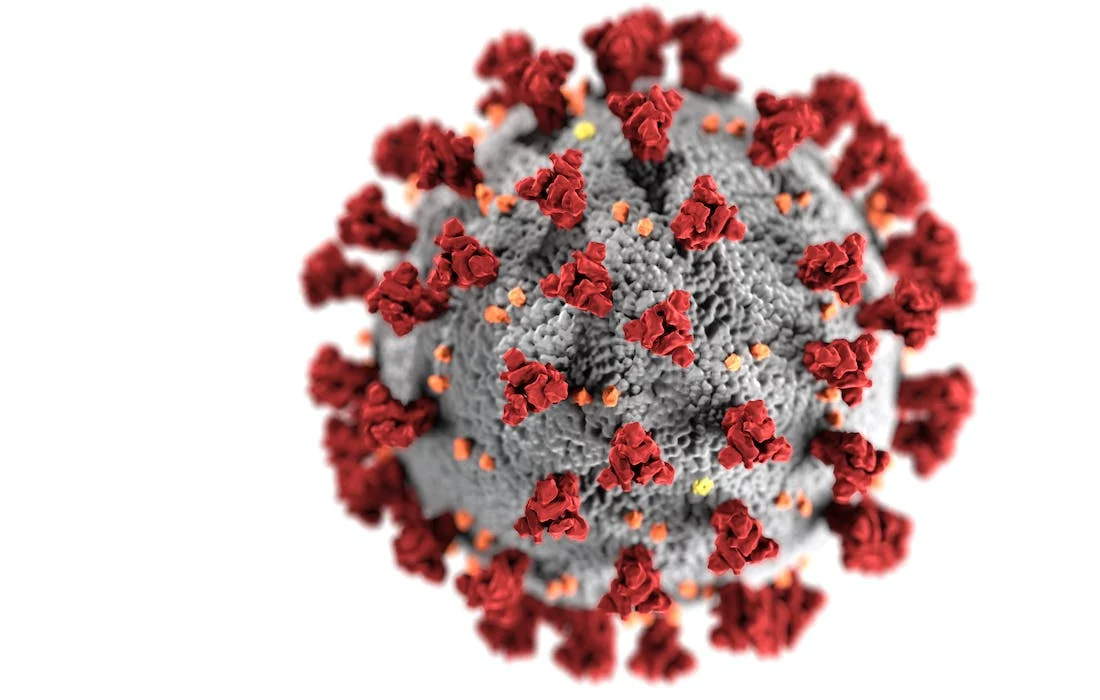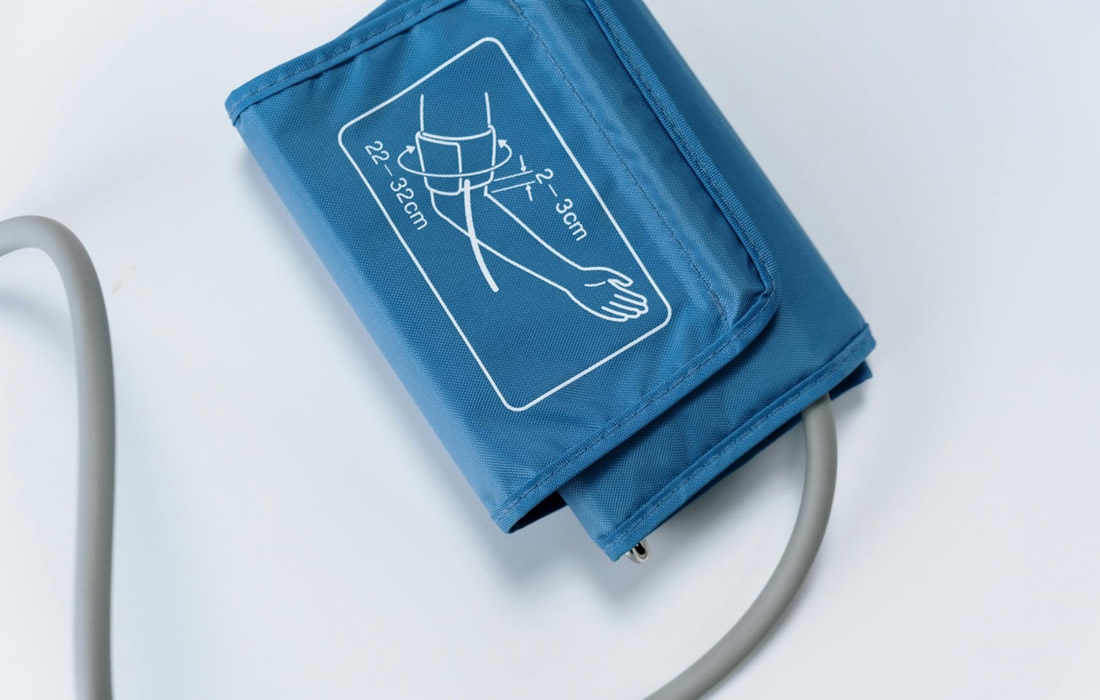UZH researchers now show that a particular enzyme found in cells of the immune system enters the brain under stress. In mice, it causes them to withdraw and avoid social contact. This newly discovered connection between body and mind in stress-related mental illnesses could lead to new treatments for depression. An international research team has […]
Category Archives: Regenerative Medicine News and General Information
Conditions such as lupus, rheumatoid arthritis and inflammatory bowel disease (IBD) — as well as failures within transplanted cells — are all caused by altered cytokine secretion of immune cells within the human body. To find treatments for such diseases, experts need to identify the genetic regulators of the secretion so they can explore the […]
Today, a team of scientists from Trinity College Dublin and investigators from FutureNeuro announced a major discovery that has profound importance for our understanding of brain fog and cognitive decline seen in some patients with Long COVID. In the months after the emergence of the novel coronavirus SARS-CoV2 in late 2019 a patient-reported syndrome termed […]
Our cells are surrounded by a fragile membrane that’s only 5 nanometers thick, 1/20 of a soap bubble. Cells are easily damaged by physiological activities, including muscle contraction and tissue injury. To cope with such damage, cells are equipped with mechanisms that can repair membrane damage to a certain degree. Mechanical damage to the cell […]
A new study finds that very few patients diagnosed with type 2 diabetes are able to achieve normal blood glucose levels through weight loss alone. Clinical trials suggest that people with type 2 diabetes can control their blood glucose levels without medication if they lose weight and keep it off. However, it is unknown how […]
“Depression affects millions of individuals worldwide, necessitating more effective treatments. Conventional methods, such as drug therapy with delayed onset of action and psychotherapy, have limitations in yielding satisfactory results for many patients. A pioneering advancement in treatment is urgently needed,” said Professor He Jufang. Previous research found that stress leads to neural plasticity changes in […]
The gut microbiome interacts with the loss of female sex hormones to exacerbate metabolic disease, including weight gain, fat in the liver and the expression of genes linked with inflammation, researchers found in a new rodent study. The findings, published in the journal Gut Microbes, may shed light on why women are at significantly greater […]
In recent news, there has been a case where a patient experienced pain due to a surgical procedure involving sutures, resulting in the unintended presence of gauze within the patient’s body. Gauze is typically employed to control bleeding during medical interventions, aiding in hemostasis. However, when inadvertently left in the body, it can lead to […]
For middle-aged women plagued by migraines, or hot flashes and night sweats, another worry may linger in the backs of their minds: whether these experiences have set them up for a heart attack, a stroke or another cardiovascular crisis. Kim and her colleagues at Michigan Medicine, U-M’s academic medical center, published the new pair of […]
Arterial stiffness was a better predictor of future risk of Type 2 diabetes than blood pressure, and people with a combination of high blood pressure and stiffer arteries had the highest risk of developing diabetes, according to new research. Previous studies have found that hypertension, or high blood pressure, is a risk factor for Type […]










